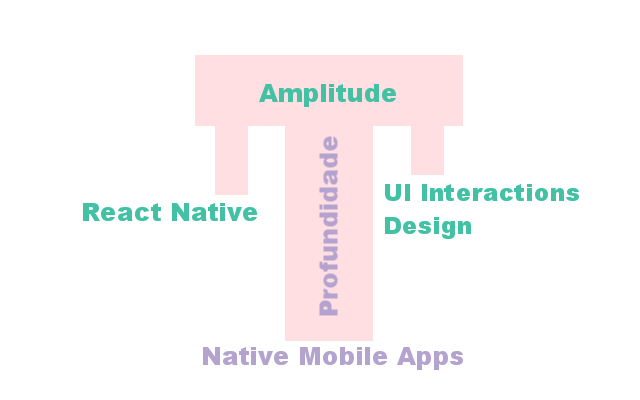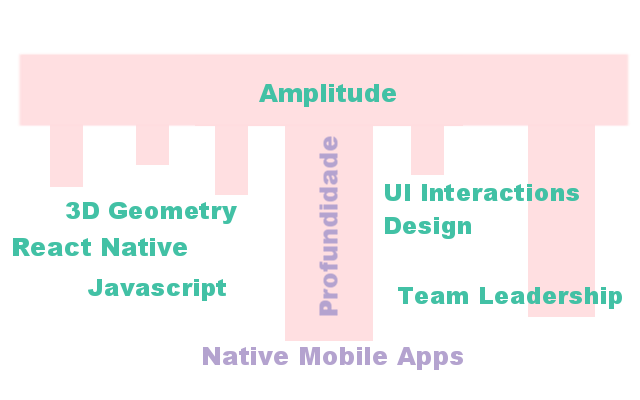I’m used to classify myself as a generalist and I receive lots of odd looks from the people around me:
“Wait, but you don’t know how to do anything right?”
“Oh I see, you’re lazy.”
“So, you didn’t pick a path to follow in your career didn’t you?”
“Dude, there is no such thing as generalist”
“Yeah I don’t know, I think that doesn’t work”
And a million more of negative phrases about something that most doesn’t get right. My default answer is:
“I’m a computer scientist, I do solve problems using the right tool for the job.”
And using the right tool for the job is the killer part, so I’ve built a good base through teachers and experience to support my growth with some important points:
- Learn to learn
- Analysis
- Explore/Test/Try
- Understand
- Logic
- Questionment
None of us has to have the same base, yet I see professionals in my area that have much more value to deliver in their projects because them focus in problem solving not in the tools to solve the problems.
Another vision that I put in favor of good generalists is my interpretation of T shaped skills T, the power to navigate easily between skills and hats needed for job environment or academia.
The T experience, or Ts, work as following, we all start getting deeper in a group of skills, lets say core skills (the T main leg), following we have lots of secundary skils that begin to evolve during our careers, they are like little plats hanging and maing little legs in the T spread arms.
Orignally the vertical line is your specialization and the horizontal line your broader experience in other areas.

With the years it starts to become easier to complete projects as your secondary and primary skills are growing, even changing jobs or core skills become a little more comfortable.

The hard part of being a generalist consists in not hushing and wanting to hug the whole world, develop each skill according to needs is heavy, requires focus periods and good discipline and organization. It’s common to feel tired, lost and wanting to quit.
A last point is how much the tech world sucks us to make and learn everything, things are created and die everyday and is impossible to know each new tech that shows up. It is our responsibility to make good choices and give the right time to each of them according to project and career. For this scenario I recommend watching the awesome presentation from Trisha Gee at GOTO Conf.
I close this article inviting you to share your experiences and questions about this subject, what do you think of this all?